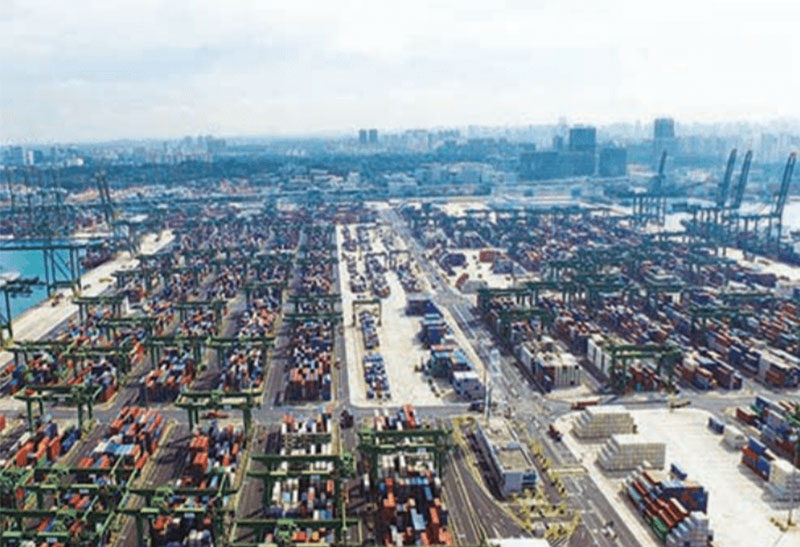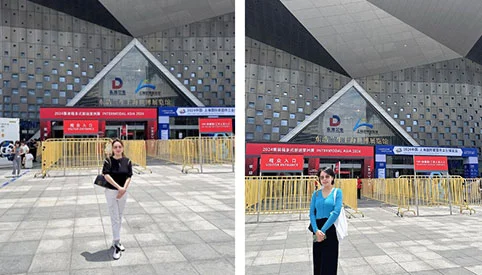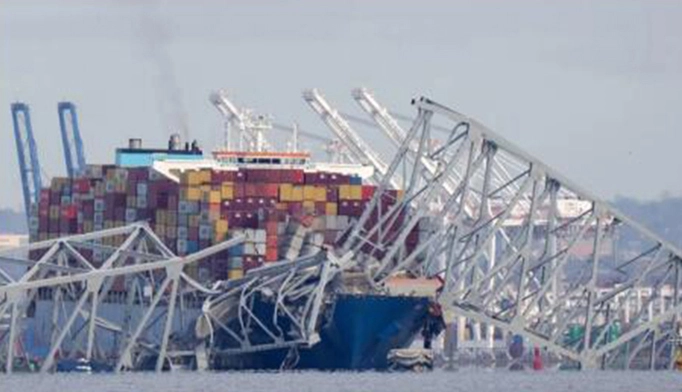2024/07/09

Global container port congestion has now reached approximately 9 million TEU, nearing the peak of 9.6 million TEU observed during the Covid-19 pandemic, according to a Clarksons report.
The world’s largest shipbroker noted that the Red Sea crisis, which has forced container vessels to detour around the Cape of Good Hope, has increased TEU-mile demand by roughly 12%.
Clarksons analyst Trevor Crowe stated: “This year has exceeded expectations for trade volumes, driving markets to exceptional levels once again.”
He observed that the rise in congestion stems from the impacts on port infrastructure and logistics due to vessel re-routing, compounded by robust global trade volumes, which have grown 8% year-on-year from January to April.
Additionally, a psychological factor has played a role, as shippers, anticipating tightening shipping and equipment availability during the 3Q peak season, have rushed to move their exports in May and June, causing the peak season to arrive early.
Knock-on effects from liner company service re-scheduling include equipment displacement bottlenecks.
Clarksons’ global containership port congestion index indicates that the percentage of boxships waiting in port has increased from 27.5% in late February to 31% in late June.
Crowe wrote: “Though this is well below the Covid-era highs of 37%, and disruption today is perhaps not as pervasive throughout the entire network as it was back then, trends in the index need to be contextualized. Liner service patterns have shifted significantly since late 2023, with re-routing over longer distances reducing the ‘normal’ share of time/capacity in port (meanwhile total containership fleet capacity is up 19% versus the start of 2022).”
A reasonable estimate could be that congestion is currently tying up 3% to 4% of the fleet, compared with 6% to 7% during the pandemic.
EconDB’s data reveals that 61% of calls at the port of Singapore have been delayed over the past week, while transshipped and outbound containers have a dwell time of around 10 days.
Concerned with the situation, Singapore’s Transport Minister Chee Hong Tat stated that the Maritime and Port Authority of Singapore and port operator PSA are collaborating with liner operators to have their ships refueled and restocked while waiting to berth.


